Ashley Herring Blake is an award-winning author and literary agent at Rees Literary Agency. She is the author of six novels for young adults and middle grade readers, as well as the adult romance novel Delilah Green Doesn’t Care. She lives on a very tiny island off the coast of Georgia with her family. I had the opportunity to interview Ashley, which you can read below.
First of all, where did you first discover your love of writing? What stories made you fall in love with the art of storytelling itself and when did you realize that was something you could do as well?
I’m not sure exactly when I discovered writing, but I do remember that I’ve always done it. Poetry, little stories when I was a kid, it was always a part of my life. I didn’t really think I could do it for real as an author until I was past 30 years old. I was at a point in my life where I really wanted to go for everything I wanted, so I devoted myself to trying to write fiction. It worked out pretty well, I think. 🙂
How would you describe your crafting style? How do you go about writing on a continual basis while balancing day-to-day life or stresses?
I think of my craft as a connect-the-dots method. I know the big plot points I’m going to hit, where my character starts and ends, but how I get to each major plot point, I don’t plan out. I connect those dots as I go. I have two other jobs other than writing, so balance is key. I’m not always actively writing, but when I am, I try to write a little each day, or I set a weekly word count goal and make sure I hit it by Sunday, but day-to-day goals work best for me. And I stop pretty soon after hitting the goal–I don’t push it, I just do what I can each day.
Where do you find your story ideas? Are there any particular sources you go to draw inspiration from, i.e. movies, authors, etc.?
I don’t know specifically where I get my story ideas and there’s not a set place I get inspiration from. Really, and simply put, I write the kinds of stories I’d like to read.
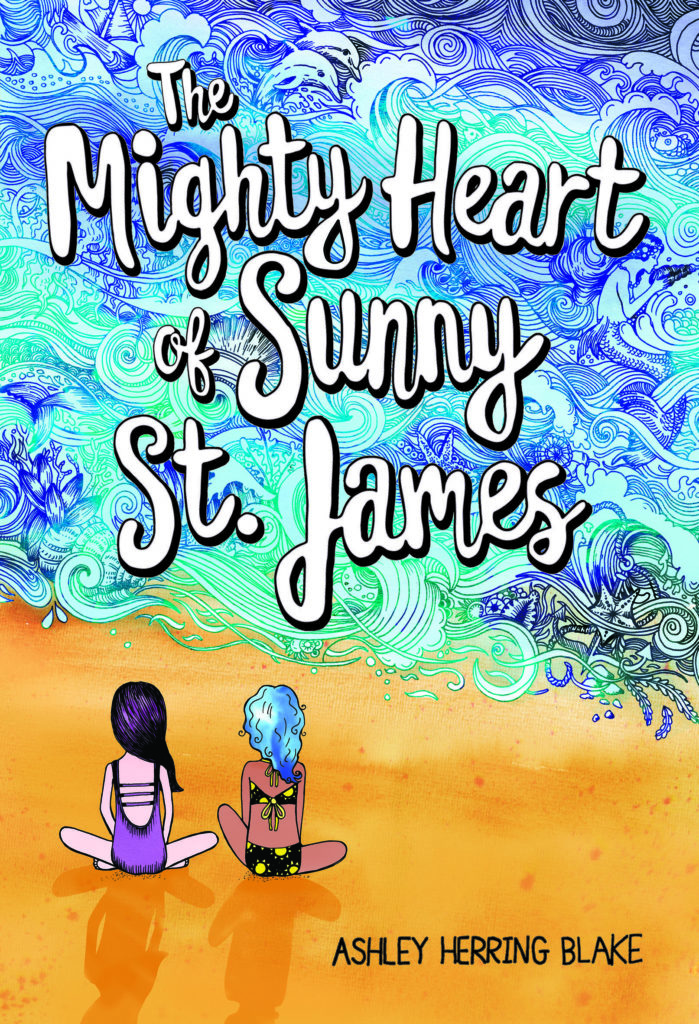
Two of your recent books, The Mighty Heart of Sunny St. James and Ivy Aberdeen’s Letter to the World stand out as two additions to the field of LGBTQ+ Middle Grade. What is your take on this still growing field and the importance of younger queer representation?
I think it’s extremely important. Even since writing IVY, there have been so many more queer middle grade books released, which is wonderful. We still need more though, particularly from authors of color. We also need a variety of queer experiences and intersections. We need coming out stories and stories where queerness is simply part of the character’s life already. We need queer stories with diabled characters, neurodiverse characters, and characters of color.
One of the lovely themes I noticed in your book The Mighty Heart of Sunny St. James, was how the physical struggles paralleled the protagonist’s internal struggle, i.e. Sunny’s heart troubles paralleling her emotional vulnerability or ability to be “open with her heart.” Was this intentional?
I’d like to think it was. 🙂 I think more often than not, external events do mirror internal events, even in real life, so I think it’s only natural that that comes out in fiction as well.
Romance is often a tricky thing to describe, much less write about. Part of what makes middle grade stand out is the way it handles romantic narratives, usually those in which the protagonist experiences romantic attraction for the first time via crushes or beginning to understand their own romantic orientations. How did you find yourself tackling this particular narrative element through such a young lens?
For me it was much more about identity. “Am I okay and will someone love me?” That’s a question I think a lot of young people ask themselves, particularly when it comes to first crushes. It’s not so much about actually making out in middle grade, but about the possibility of romance that you now have as a young person and how you perceive yourself being perceived by others.
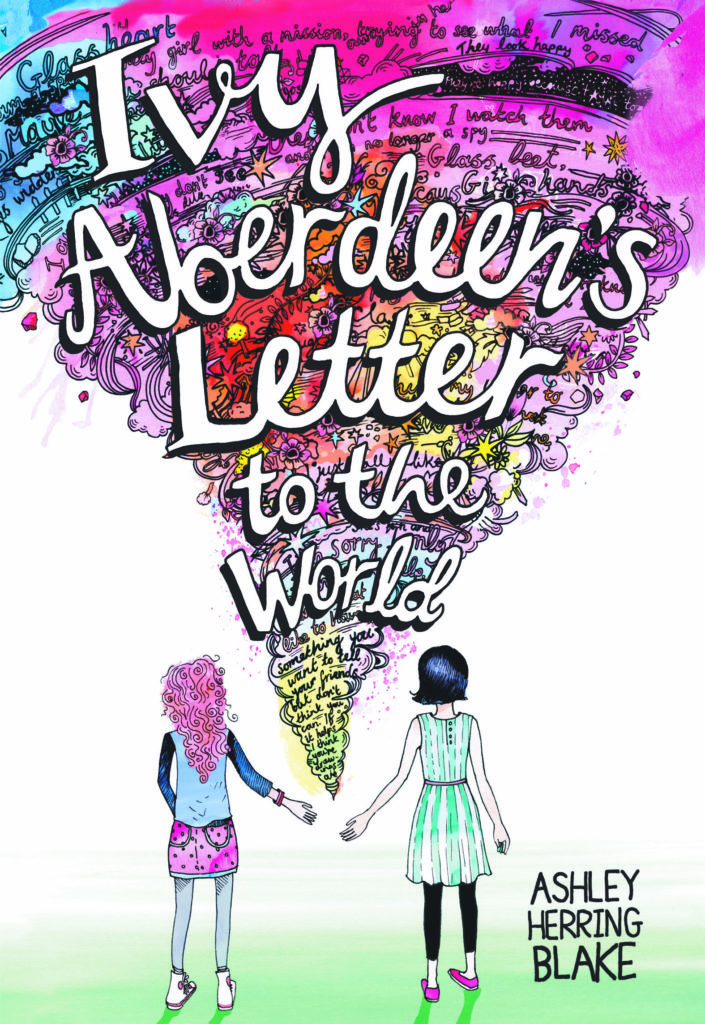
Do you ever experience writer’s block, and if so what methods do you use to combat it?
I do, but I don’t think it’s a “block.” It’s usually because I need a break–I need to input to output–or because there is somewhere in the draft where I’ve gone wrong and it’s “blocking” forward progress. I usually go back to where it felt right in the draft, and retrace my steps, see if there’s anything I need to change.
As a writer, what advice would you give for writers who are looking to explore identity in their craft?
Keep writing and keep reading. I learned how to write from reading great writing. And I learned by writing a lot myself, even if it’s bad. Because it will be bad at first. It’ll get better.
How do you establish first meetings between characters (both platonic and those who will have a future romantic connection)? How do you set things up?
It all depends on what my main character needs/wants and why they can’t have it. Often, the major secondary character (particularly romantic) is going to be in direct opposition to this, or challenge this in some way. I want their first meeting to set this foundation.
What are some tips for writing dialogue?
Read dialogue that you love and try to model that. Read it out loud. Only use the dialogue tags “says/said” and “ask/asked.” Sure there are some exceptions, but most often, you don’t need “bellowed, snarked, whined, cackled” or what have you. Your dialogue itself and the context around it should show how they’re saying something.
Finally, what books would you recommend to other aspiring writers?
I’m not sure if this means craft books or just books to read in general, but I don’t really have any craft books to recommend. I’ve heard great things about Save the Cat Writes a Novel, though I haven’t read it. As far as other reading–read what you love!

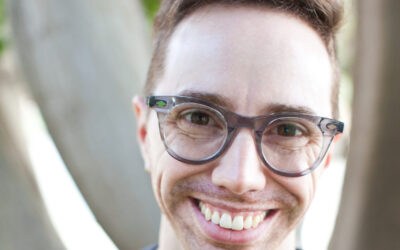
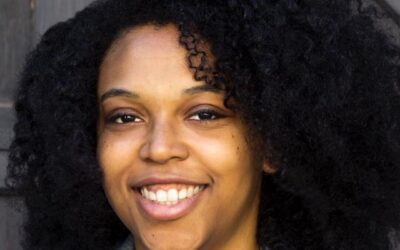
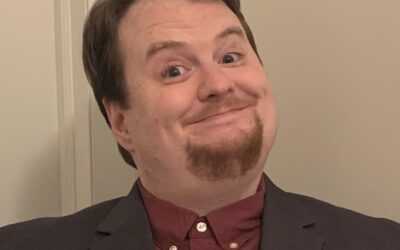
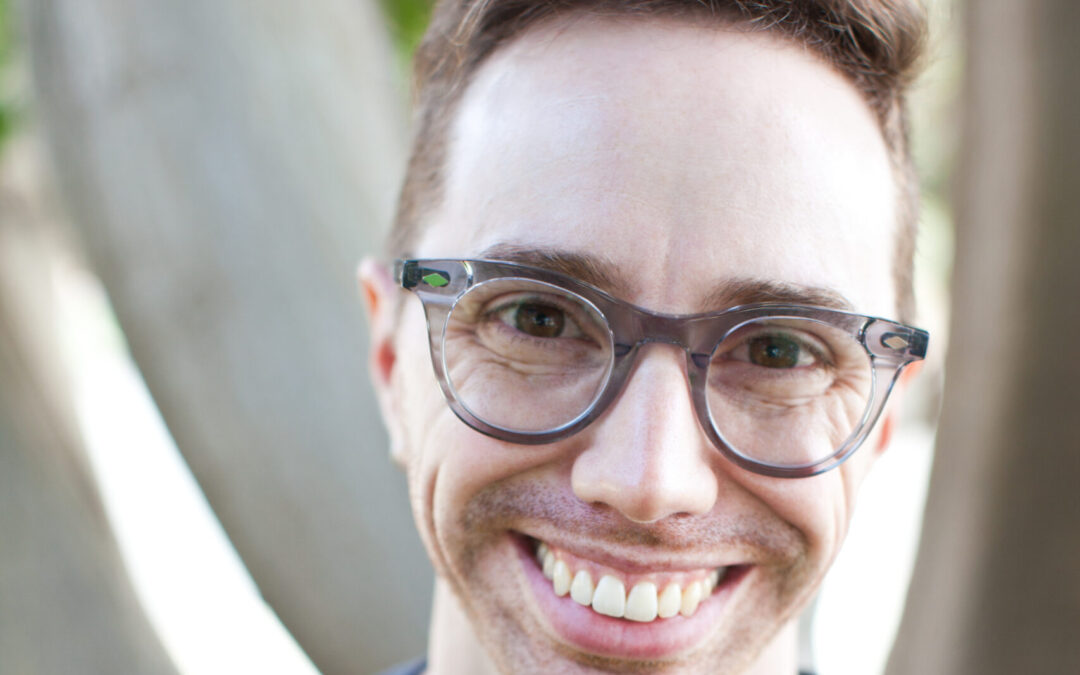
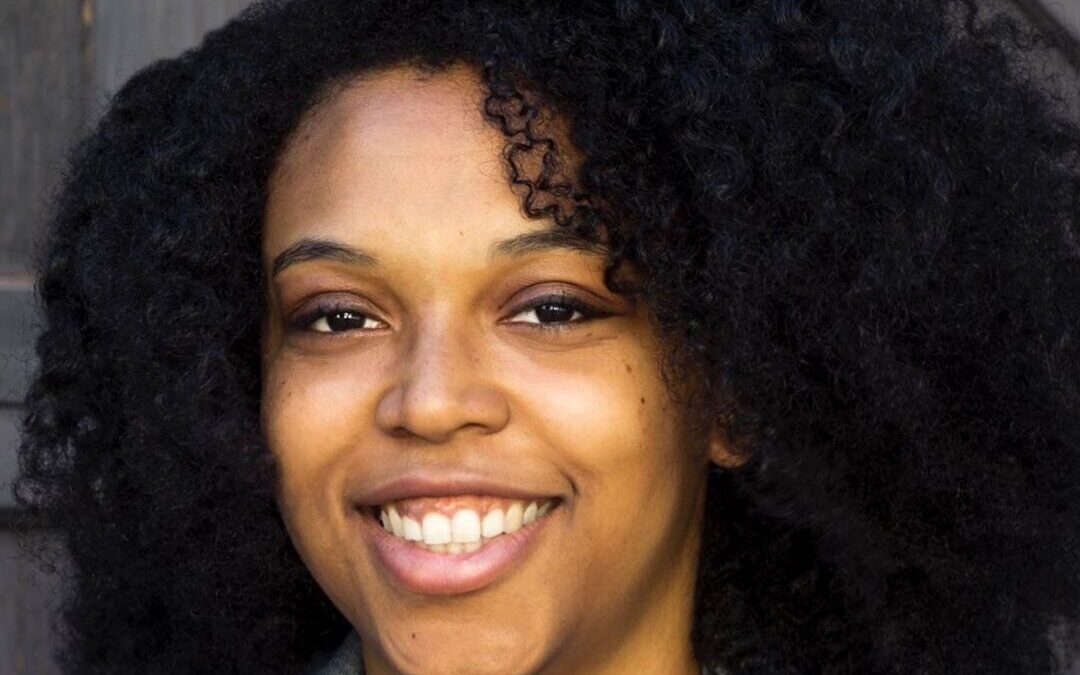
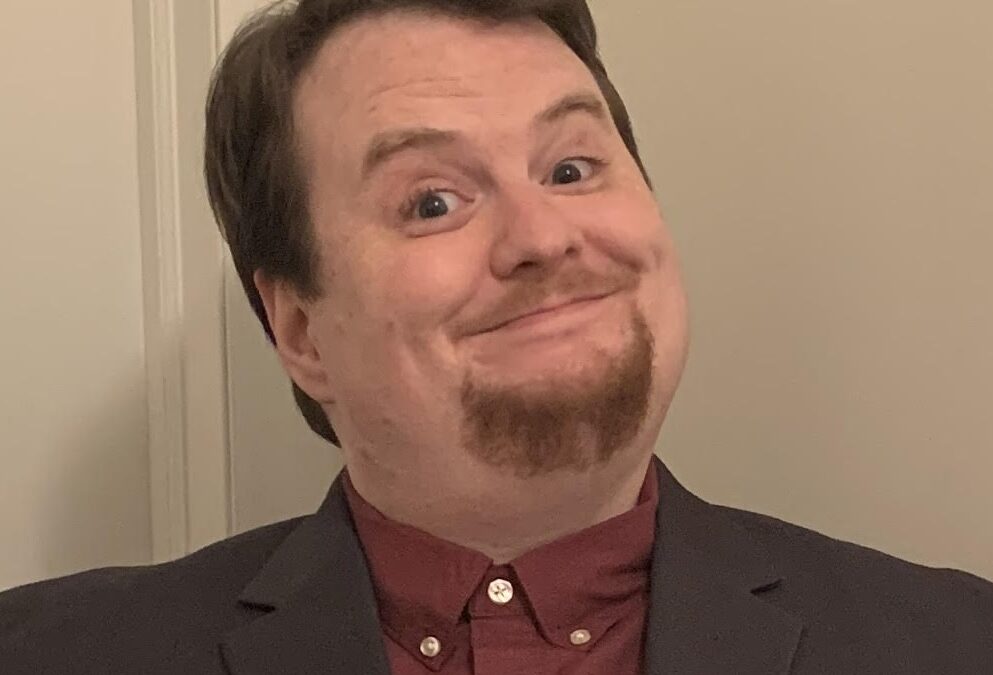
0 Comments